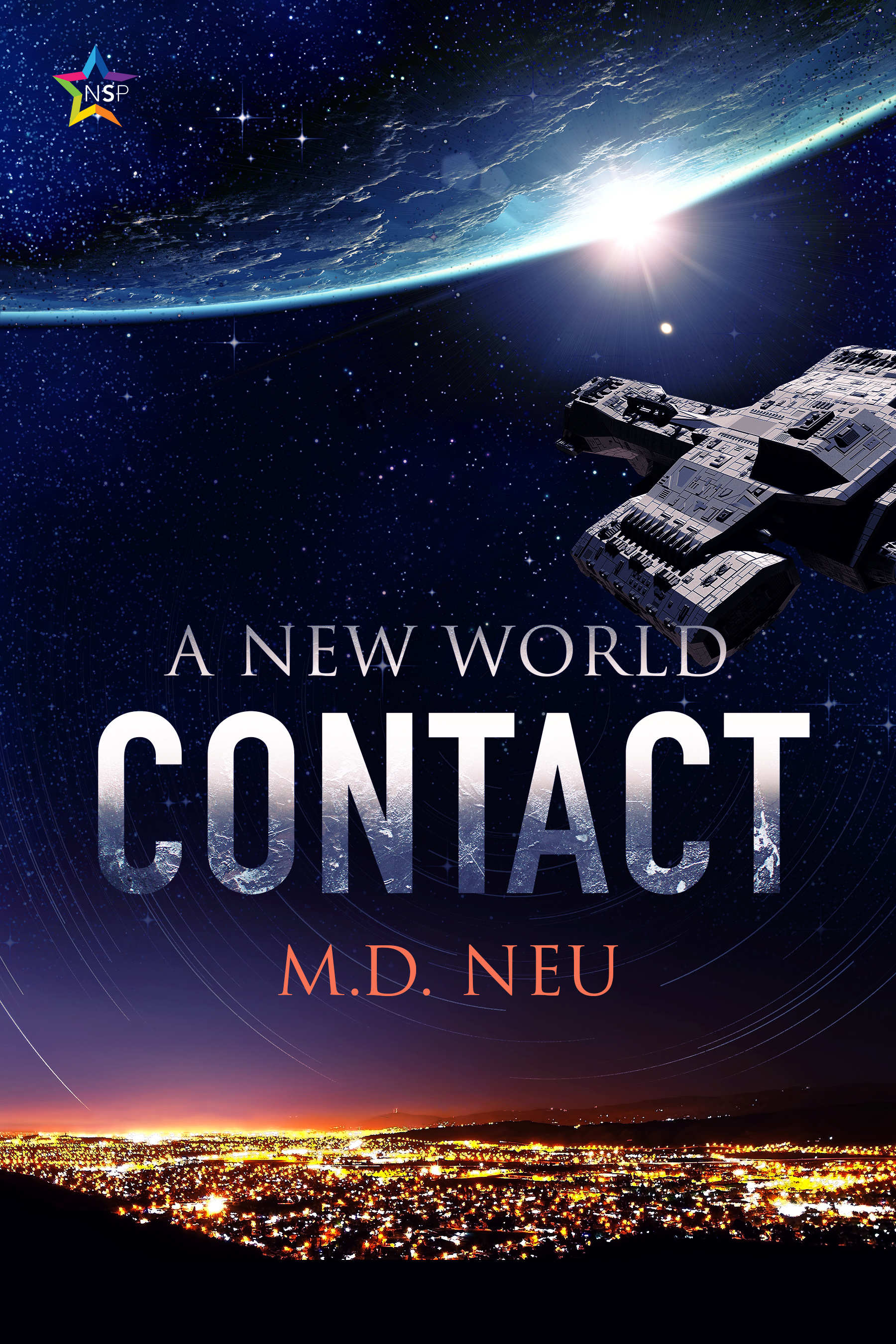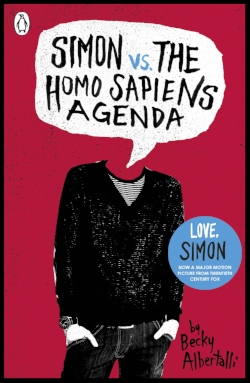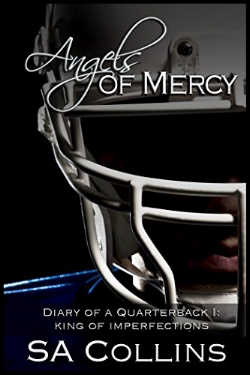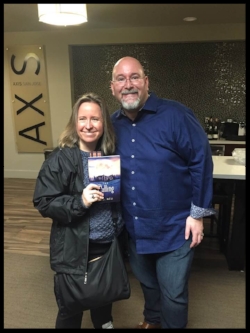My mother ensured as we grew up that we were exposed to things white people did. We went to symphonies, ballet and live performance theater. We were well behaved children in these scenarios and my parents were often complimented on how well we acted at such events during intermissions and such. My mother also made sure that while we could watch television, every weekend, without fail, we were front and center never to miss the latest Masterpiece Theater offering.
We grew up as anglophiles. Let that sink in for a moment: a Native/Latino family immersed in British culture.
Oddly enough, the mainstay of our family diet was predominantly Mexican with a few of my father’s family recipes thrown in. We ate our collective culture even if we didn’t give it voice. I learned to cook all the family recipes from my abuelita but kept that knowledge solely within our family, rarely sharing it with close friends.
While we attended family functions on my mother’s side of the family which were deeply entrenched in Mexican customs and flavors, we visited that part of our heritage. We, as a family, dipped our toes in those waters but never really swam in them. That’s not to say we led a life where we weren’t loved by my mother’s relatives and included, we were just the odd three kids out. While my many cousins did things traditionally we generally kept to ourselves. All of this was done with the hope of my mother (and father) that we could escape the prejudice my cousins and their families often faced and we’d hear about during those family get togethers. And there were plenty of stories about how they were passed up for promotions at work, slighted for being a “beaner” at school, etc. The list went on and on. The sole exception to this upbringing – my sister did have a traditional Quinceañera. It was the lone cultural standout as we grew up, the one time we did something deeply traditional from my mother’s side of the family.
Yet, as a young boy, I grew to have this cultural schism forming within me. Something was growing inside that I constantly grappled with but couldn’t for the life of me put to voice (and by the third grade I had a college reading level comprehension under my belt so, words weren’t usually a problem for me). I lived in words. I knew they had power. Something I observed that added to that schism forming within was born out of how my cousins, aunts and uncles talked. They often blended Spanish and English in a way that hurt my ears. Literally, if I heard them talk too long I’d sneak away to where I could find someplace peaceful so I didn’t have to hear it.
We’d often go across the border to Tijuana (it was easy since we lived in a suburb of San Diego) and while I always liked looking and absorbing my Latino culture – especially the indigenous aspects, it never failed that by the time we left I was quiet, sullen and angry as we crossed back into the US. I hated that part of me, my heritage, was mired in filth, pandering to sell goods, with shabby looking shops and the kids I understood to be like me running up to sell us “chicle” (gum) in these little packages that were often as dirty as the kids who sold them. In essence, I grew up in despair of my Latino heritage. So I did everything I could to hide it from friends and acquaintances whenever I could. I purposely passed. So did my sister. It was just easier not to talk about it. Sometimes we’d get crap for it from other Latino kids who knew what we were. But generally we avoided them. We had to take Spanish in high school and struggled to master it while our Latino friends took the class as an easy A. It was a very frustrating time.
My brother, with his darker skin, couldn’t partake in passing. It made for a very screwed up childhood for him. He became bitter and often used humor in a passive-aggressive way to dig at people who slighted him.
My father’s family lived on the rez and we would take trips there and I grew up to love the culture but to me it was like visiting Disneyland. Even though rez life was hardly filled with proper middle class homes, my excursions to that side of the family kept me from wandering around too much so it had that theme park feel to it.
But still, I passed whenever I could. None of this is to say that my family life was horrid or emotionally damaging (on the surface) – I got along with everyone. I was well-liked, had many friends, and generally was happy growing up. The only stumbling block? Culture.
I don’t blame my parents for any of this. I understand that they were doing what they thought best so their children could succeed in whatever we wanted to do without the trouble of being perceived as less, as being other. My sister and I got away with it. My brother became more bitter – to the point now where he has a drinking problem that probably stems from this imbalance we had growing up. The biting humor he spewed in our teen years escalated and started to affect the friends we had. I used to become angry with him for it, now I understand it.
When I began to write stories, without question or pause, I created characters and worlds that were inherently all white. I did this without question. I never once stopped to ask myself, why not make him/her Mexican or African-American or Asian? No, I ran to white culture and mined my characters and their worlds from those Euro-centric nations. When I did include a Latina character in my current series (Angels of Mercy), she was the hired help – a cook. While many of my culture are in the service industry this was how I decided to include someone of my own culture: a side character that cooked for the affluent Italian family I’d created in Angels. Through one of my edits I stopped when I came to her character hitting the page and just sat there thinking to myself: WTBloodyF? I knew better. I thought I had grown up understanding the political and social economic constraints both sides of my family faced (on the rez for my dad’s side, and in Mexico on my mother’s). I went to college; I took world history. I got it. Or so I thought. Yet, there on the page was my own form of oppression and segregation. I became incensed with myself. I raged at my husband about how could I do such a thing.
His response? “You’re a writer, fix it. You know what to do. Do it.”
So I did. I added characters as the series grew to become more reflective of the world I grew up in which had a solid mix of friends across all cultural boundaries. But I gotta tell you, all of this led to one serious inner debate of what passing had afforded me and took from me. It was a solid round of mental ass whooping I gave myself. Even my own pen name – SA Collins – I took from a character in a book I’ve yet to publish because I thought it might be a cute gimmick to have the character in the book tell his own story. That grew to letting “him” tell all my stories. He’s a white character. Can I write under another nom de plume? Sure. Can he be Latinx? Absolutely. And I probably will. But watching this whole debate going on in the queer publishing world right now over persons of color being under represented I knew I had contributed to it unknowingly. I just let it happen because on some level I still wanted my works to pass.
Around the same time I started a podcast, The Wrote Podcast (check it out here), with two other authors. We discuss and celebrate authors who are trying to establish themselves in queer literary fiction (across all genres). From the beginning I did what I could to say in my own voice that I was an author of color (this was during that time when I’d discovered just how “white” Angels of Mercy had become). We often discuss things that aren’t easy topics. The purpose of the podcast is to allow an author in their own voice talk about their journey. I’ve learned so much from these discussions and these brilliant writers and content creators we’ve had on the show. I am hoping since this is the hot topic for the moment that we’ll get to discuss this topic with others. I even want to have these discussions with other non-PoC authors who are struggling with incorporating PoC characters within their works going forward. I want to encourage them to do so, to include us, front and center if the story will support it, so that over time we can dispel this underrepresentation that is going on.
One amazing thing I’ve learned from being queer? That it reaches across all cultures and races. I’ve learned to embrace them all. I welcome their voices in my head and heart. I’ve learned just how entrenched the concept of passing can have on a person of color. I lived it. I allowed it to thrive. I know better now. But even with the best of intentions, in this case by my parents, the consequences of cultural oppression and casting of PoCs as other cannot be underestimated or denied. It is a complex problem that has to be worked through. The tough discussions have to be made.
I’ve evolved and am doing my best to be better at it each time I consume or create media. I watch movies and TV shows told from a solid PoC point of view. I vote with my dollars for stories if I see they have PoC on the cover or in the blurb. I want to be the change I want to see in the world. I get excited when I come upon new works or new voices from that perspective. It doesn’t mean I’ve given up watching Euro-centric stories. I just pepper them in among the other stories I find myself enamored with. Not every author will “get it right” – do we ever despite how hard we try to research and ask for input? But I love when an author makes that choice. It’s a choice I’ve had to make, too.
—
I’d like to thank M.D. Neu for allowing me to post on his site. I highly recommend his current novel The Calling (check it out here and buy it here) as it is a ripping good read. Keep an ear out in April for his appearance on our podcast which promises to be a great conversation!



















